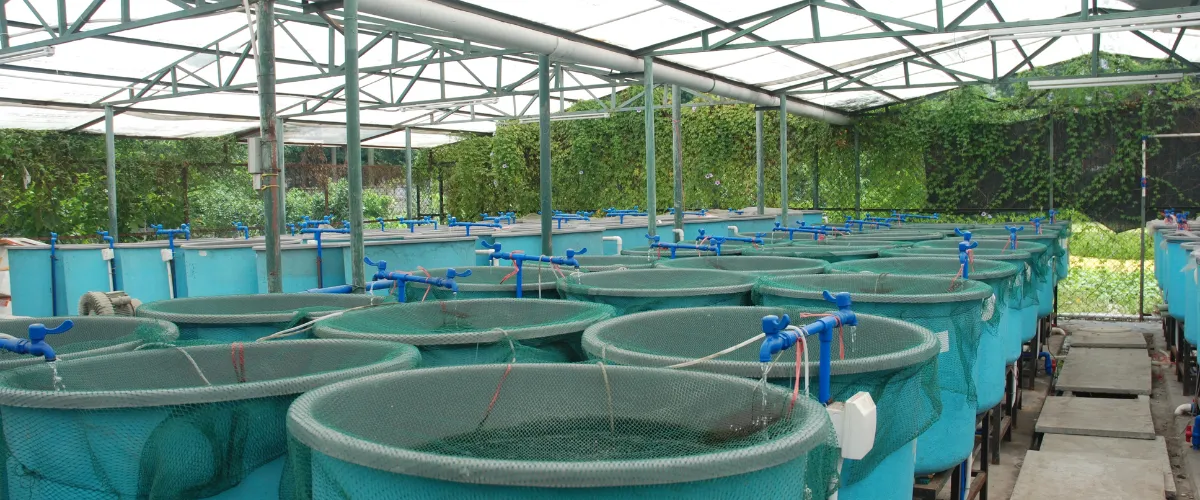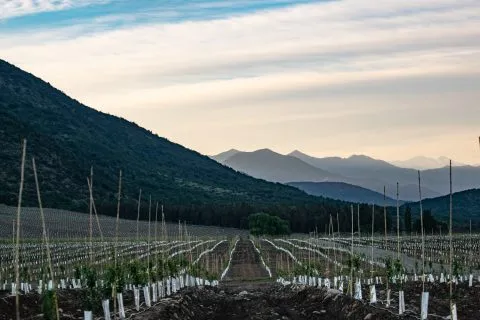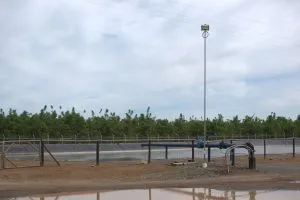
How to Prevent Water Stress in Crops Using Technology
Water stress is one of the most common and damaging problems in agriculture, directly affecting the growth and development of crops. This phenomenon occurs when plants do not receive enough water to meet their needs, which negatively impacts productivity. In this article, we will explore how to prevent water stress in crops by using advanced technologies that enable efficient water use optimization.
What is Water Stress and How Does it Affect Crops?
Water stress occurs when a plant does not have access to the necessary amount of water to maintain its physiological processes. This can happen due to a lack of water in the environment or inefficient irrigation. Plants under water stress often show symptoms such as wilting leaves, reduced fruit size, and decreased overall production. Additionally, water stress can reduce plants' resistance to diseases and pests, further aggravating the problem.
Water stress not only affects the quality of the harvest but can also lead to significant economic losses for farmers and distributors. However, thanks to technological advances, it is possible to mitigate these effects and ensure efficient water management.

Technologies to Prevent Water Stress
Modern technology offers innovative solutions to prevent water stress in crops, improving the efficiency of water use. Here are some of the most effective options:
1. Smart Irrigation Systems
Smart irrigation systems, such as those offered by Wiseconn, use soil moisture sensors and meteorological data to determine when and how much to irrigate. These systems allow for automated and precise irrigation, preventing both over-irrigation and under-irrigation, two factors that contribute to water stress.
Using platforms like Wiseconn enables more efficient water control, which not only optimizes irrigation but also reduces operational costs and enhances sustainability in agricultural operations.
2. Real-Time Monitoring
Real-time monitoring of crops and soil is key to preventing water stress. With sensor systems connected to digital platforms, farmers can obtain data on soil moisture, temperature, and available water at all times.
Wiseconn offers a comprehensive monitoring solution that allows farmers to visualize crop conditions in real-time, helping them make informed decisions about when irrigation is necessary. This is especially important in areas where water availability is limited.
3. Fertigation
Fertigation is a technique that combines irrigation with the application of fertilizers through the irrigation system. This technology ensures that plants receive the necessary amount of water, as well as the essential nutrients for their growth. By providing both resources simultaneously and in a controlled manner, the risk of water stress is reduced, and water usage is optimized.
Wiseconn's hardware systems are designed to integrate fertigation efficiently, ensuring that each plant receives both water and nutrients in a balanced way.
4. Drip Irrigation
Drip irrigation is another essential technology for preventing water stress in crops. This system distributes water directly and in a controlled manner at the base of each plant, minimizing waste and ensuring that the roots receive the necessary amount of water.
Additionally, this method prevents water accumulation on the soil surface, reducing excessive evaporation and minimizing the risk of diseases.
Benefits of Using Technology to Prevent Water Stress
Using advanced technologies for irrigation management offers several key benefits:
- Water Savings: Technology allows for more efficient water use, which is crucial in areas with water scarcity.
- Better Crop Performance: By reducing water stress, plants grow more healthily and productively.
- Cost Reduction: Efficient irrigation systems reduce operational costs by preventing over-irrigation or under-irrigation.
- Sustainability: Technological solutions help maintain a balance between agricultural productivity and water resource conservation.

Conclusion
Water stress is a significant challenge for farmers, but with the right technology, it is possible to mitigate it and optimize water use. Smart irrigation systems, real-time monitoring, fertigation, and drip irrigation are key tools to ensure that plants receive the precise amount of water they need. By implementing these solutions, farmers not only improve crop performance but also contribute to sustainability and water efficiency.
To learn more about how Wiseconn can help you optimize water use in your irrigation system, visit our solutions and hardware pages.



